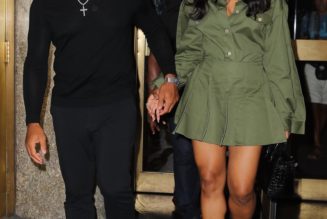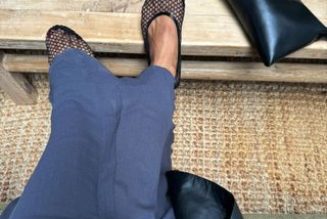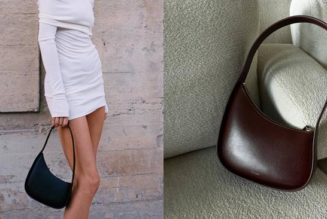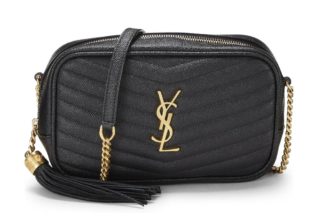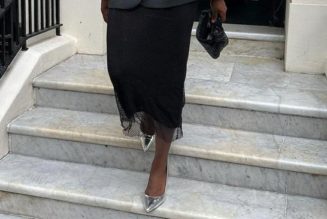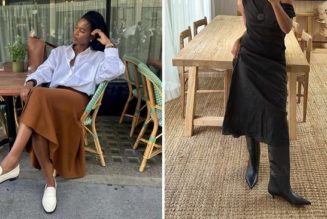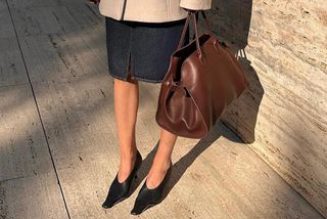Designers champion sustainable solutions, challenging fast fashion norms and empowering a new, more eco-conscious generation.
 Photo via Unsplash
Photo via Unsplash The first time I logged onto The Real Real (TRR), an online marketplace for the consignment of authenticated luxury goods, I was astonished at the inventory size. My idea of luxury fashion had been tied to the idea of scarcity—only a certain number of garments are produced, demand exceeds supply, and so prices are high. That’s certainly the case in Couture, but in reality, the only “scarcity” was in my wallet. Scrolling through TRR inventory opened my eyes to the level of excess that exists—the amount of clothing, accessories, and personal goods available for sale and resale at any time, and the environmental cost required to produce and maintain it all.
For decades, the fashion industry has been marred by unsustainable practices that wreak havoc on the environment and exploit the labor force. Fast fashion, the epitome of mass production and consumerism, has pushed the limits of the earth’s resources. But as the consequences of climate change continue to manifest, the fashion industry has been challenged to transform its practices. Fortunately, an increasing number of designers and consumers have begun to embrace sustainable fashion, recognizing the need for a more ethical and eco-friendly approach to style. But changing the fashion industry does not come without its challenges. Resisting the allure of cheap, fast fashion requires a significant cultural shift. People must unlearn their impulse to accumulate possessions and reevaluate their relationship with clothing.
Amy Smilovic, founder of Tibi, is helping her customers reimagine their relationship with their wardrobes and how they shop. Through her book, The Creative Pragmatist, and the Style Classes she gives with her team on Instagram, Smilovic encourages her customers to “shop their own closets” and truly evaluate the merits of buying a new item. She asks customers to consider how a new item fits into their personal style and how it will integrate with the items already in their closets. It’s proven to be an effective way to move customers towards a more sustainable way of life.
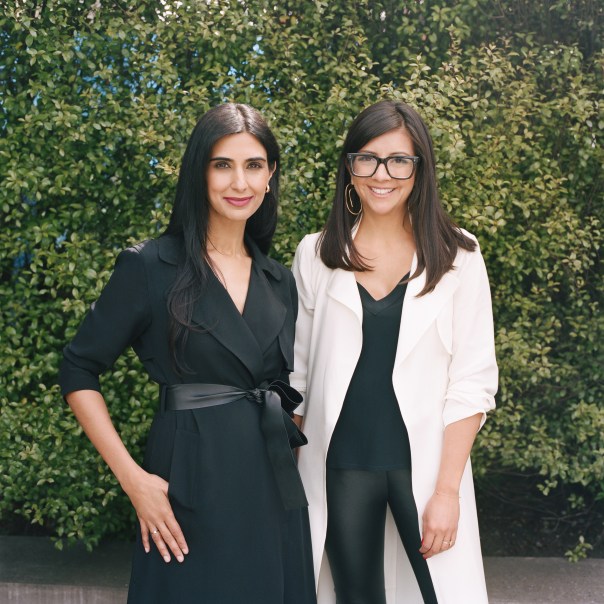
Co-Founders of Cuyana, Shilpa Shah (left) & Karla Gallardo (right), Courtesy of Cuyana
Cuyana, a San Francisco-based luxury accessories and clothing company, was founded on the idea of buying less, buying better. Cuyana co-founder Karla Gallardo grew up in Ecuador, where “fewer, better” was a way of life.
“My family taught me to invest in pieces that celebrate heritage, craftsmanship, and quality. Most importantly, I learned how important it was to care for these pieces and ensure that they last. When I moved to America, I realized that consumerism here was drastically different,” she says.
Founded by Gallardo and her business partner Shilpa Shah, Cuyana launched when fast fashion was at an all-time high. The two women saw an opportunity to create a company that encouraged consumers to invest in pieces they love and build on what they own instead of replacing items or adding more. Their modular system allows customers to add to their collections over time with snappable add-ons or pouches in different textures or colorways. They also launched Cuyana Revive, their own resale platform for customers looking to give their products a second life. The brand also supports a “Lean Closet Movement,” encouraging customers to declutter their wardrobes and donate gently used items to those in need.
“Fewer, better,” is also good for business. It’s more efficient to produce fewer products that are better designed and made.
“We have three core pillars of our sustainability model—producing responsibly, maximizing wear, and extending the product lifestyle,“ Gallardo says. “Producing responsibly encompasses several factors. Each and every one of our suppliers is committed to ethical conduct and environmental responsibility, and we’ve worked hard to source materials that are all sustainably certified. In fact, we just reached our goal to use 100% sustainably made materials in August.”
One way that designers are getting the message across to customers is on the runway, showcasing eco-conscious collections crafted from recycled materials, organic fabrics, and innovative bio-engineered textiles. Designers worldwide are embracing zero-waste patterns, reimagining classic styles into creations that could be endlessly recycled or transformed into new garments.
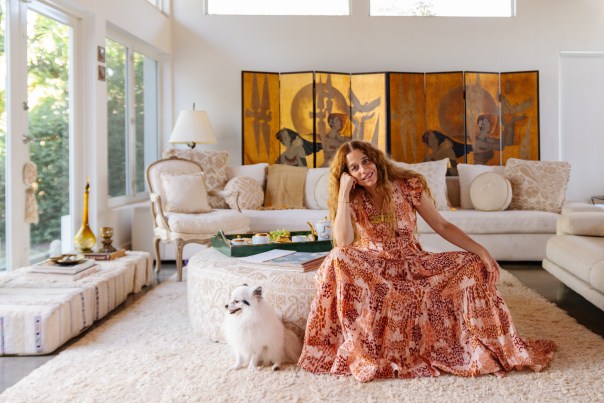
Founder Carolina K, Courtesy of Carolina K
Carolina K, a designer from Argentina, has become synonymous with sustainable and socially responsible fashion through her commitment to environmentally friendly practices and support for local artisans. The brand’s collections feature exquisite designs inspired by cultural diversity and demonstrating artisanal craftsmanship.
One of the cornerstones of Carolina K’s philosophy is the use of eco-friendly materials. She actively seeks sustainable alternatives to conventional fabrics, such as using organic cotton, hemp, and recycled fibers, reducing the ecological footprint of her creations. Moreover, Carolina K advocates for fair trade and ethical treatment of workers, ensuring that her supply chain supports local communities and provides fair wages.
In her collections, Carolina K blends contemporary trends with traditional craftsmanship, celebrating the unique cultural heritage of various regions. By doing so, she creates stunning pieces, empowers artisans, and preserves their skills for future generations.
“I was inspired to create my brand after traveling the world and being immersed in music, art, different cultures, and nature,” she says. “My Latinx heritage and my family’s history working in textiles and design led me to create my own pieces. Early on, I had a very clear understanding that if I ever started my own label, it would have to be done in an ethical manner.”
The efforts of designers like Carolina K and Cuyana exemplify the positive impact that sustainable fashion can have on the industry and the planet. By promoting eco-friendly materials, ethical practices, and timeless designs, these brands are paving the way for a more sustainable and conscious future.
As consumers, we also play a crucial role in shaping the fashion industry. Embracing sustainable fashion means making mindful choices, opting for quality over quantity, and supporting brands prioritizing ethics and environmental responsibility. The designers we love are helping us find a way.
Cuyana’s Shilpa says, “We view this as a collective journey, not a destination. In fact, to us, the term “sustainable fashion” can be an oxymoron, as it is not possible to produce clothing without impacting the environment. We aim to encourage collaborative and open dialogue around this incredibly nuanced issue as we each take one step at a time to do better for our planet. When tackling a challenge of this magnitude, it’s best for us to band together.”
For more on climate, join us at our upcoming event on September 20th in New York City: Techonomy Climate NYC: Solutions That Scale.

